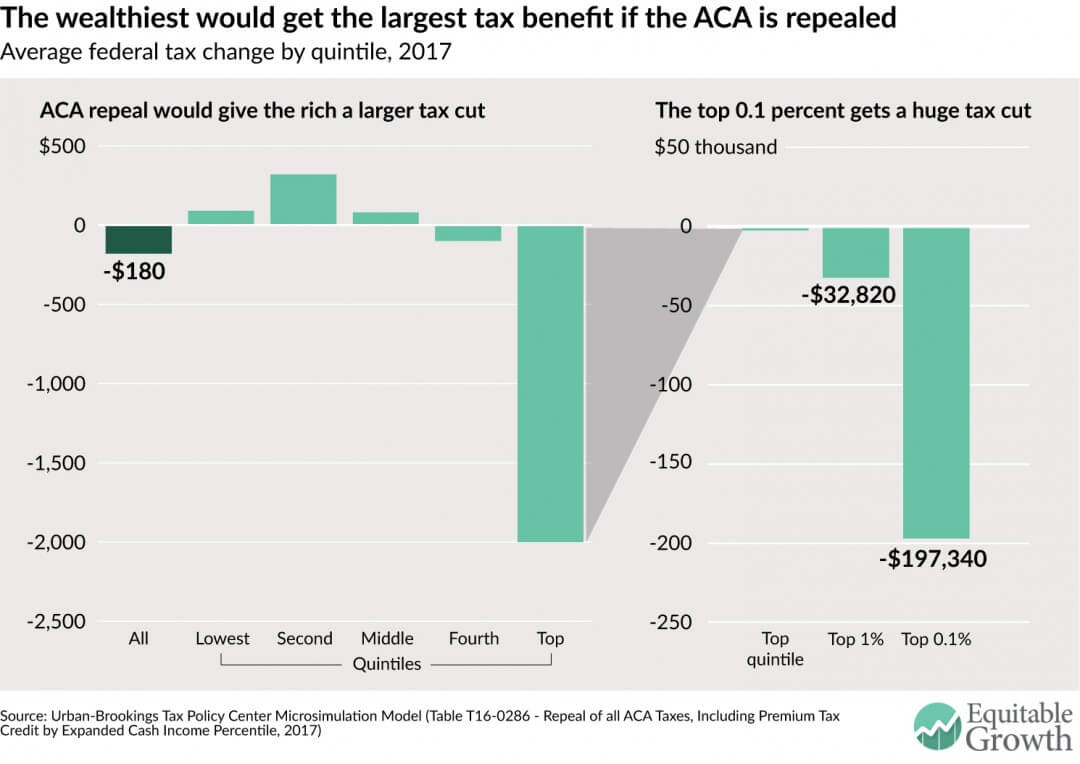Weekend Reading, “the antitrust” edition
Equitable Growth round-up
Jonathan Baker, a professor at American University’s Washington College of Law, looks at how firms’ exercise of market power is a major issue, despite well-establish antitrust enforcement. Baker argues that if decreasing competition goes unchecked, it may slow overall economic growth and increase inequality.
While reducing social security income for disabled adults may succeed in pushing some workers into the labor force, Dionna Cheatham and Gabriel Matthews write that these adults also experience more income volatility and a reduction in lifetime earnings.
In our latest installment of Equitable Growth’s “In Conversation” series, Research Director John Schmitt talks with Duke University economist William A. (“Sandy”) Darity Jr. about the importance of stratification economics in understanding U.S. economic growth and inequality.
Nick Bunker sheds light on the extent to which the current lack of racial and ethnic diversity within the Federal Reserve results in narrow-minded policies that could overlook the concerns of millions of Americans.
While current conversations surrounding corporate tax reform in the United States have centered on aspects such as the border adjustment tax, distributional impacts of federal tax reform, and projected revenue losses, Kavya Vaghul argues that we must also consider pass-through businesses, which give owners a sizable tax advantage.
When central banks can no longer push down long-term interest rates, what should policymakers do? Nick Bunker discusses research that unpacks what kind of fiscal policy is most effective at the zero lower bound.
Links from around the web
Harvard University economist F.M. Scherer argues that antitrust agencies have not done enough to address tech firm’s market dominance in the United States, and discusses the connection between increased market concentration and inequality. [promarket]
Two years ago, Anne Case and Angus Deaton’s research found that the mortality rates for middle-aged white Americans had gone up substantially, even as their counterparts in other developed countries were living longer than ever. Julia Belluz writes about the two researchers’ follow-up study, which finds that the unhealthy ways in which people cope—alcoholism, drug abuse, or even suicide—is to blame for the rising death rate. [vox]
Despite low interest rates, investment spending in developed companies remains subdued. The New York Federal Reserve’s Thomas Klitgaard and Harry Wheeler consider why. [liberty street economics]
The story of the men’s declining labor force participation usually focuses on those without a college degree. But men are also losing ground within higher-skilled occupations as well. Lauren Weber writes about research suggesting that this phenomenon may be because many of today’s high paying occupations require the kind of interpersonal skills more commonly seen among women. [wsj]
Why do black families struggle to build wealth? Gillian White sits down with Brandeis University professor Tom Shapiro about his new book on how systemic racism embedded in government policy has helped create and maintain huge gaps in wealth between black and white families. [the atlantic]
Friday Figure
 From “Repealing the Affordable Care Act could exacerbate U.S. income and health inequality” by Kavya Vaghul.
From “Repealing the Affordable Care Act could exacerbate U.S. income and health inequality” by Kavya Vaghul.

